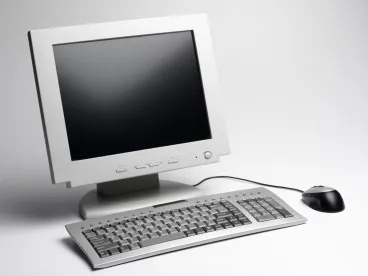Last month, we wrote about the much discussed ECHR Barbulescu opinion. (To review the implications of the case, please click here.) As a follow up, we wanted to provide further insights to multi-national employers about how this European decision compares to the position in the United States.
Purple Communications, Inc.: the United States’ approach to Email Monitoring
In the U.S., an employee’s freedom of expression, even when using an employer-provided email, has been closely guarded in recent years by the National Labor Relations Board (“NLRB”) under Section 7 of the National Labor Relations Act. Section 7 protects any employee when they engage in “concerted activities for…mutual aid or protection.” The NLRB has made clear that certain company policies that seek to limit social media and electronic communications could infringe on these rights, or “chill” concerted activities, and are therefore prohibited.
In December 2014, the NLRB encountered a similar policy to the one in Barbulescu. The case, Purple Communications, Inc., asked the Board to decide whether a newly introduced policy that required company electronic systems and equipment to “be used for business purposes only” violated Section 7. The Board held that introducing a blanket prohibition against employees using company electronic systems and equipment for private purposes violated Section 7. The Board held that introducing such a blanket prohibition would chill the rights of employees to engage in concerted activities. Importantly, this decision was limited to employees who already had access to an employer’s email for business purposes, and noted that employee use can still be subject to “reasonable” restrictions (e.g., prohibiting work-time use of equipment for personal purposes, or sending oversized attachments). The decision did not address the issue of whether a new policy which imposed a blanket ban on using company electronic systems and equipment would violate Section 7. The Board also noted (similarly to Barbulescu) that employers are permitted to monitor employee use of company electronic systems to ensure productivity during work-time, so long as the monitoring is not used to impede protected activity. (You can read more analysis about the NLRB’s Purple Communications, Inc. decision here.)
Accordingly, based on Purple Communications and Barbulescu, employers in both the United States and Europe have the right to monitor an employee’s communications on company electronic systems and equipment to ensure that the employee is using work-time productively. However, in order to do so, employers should make it explicit to employees that they may monitor these systems for that purpose as part of their electronic communications and social media policies. A failure to have an express written policy creates a significant risk that any such monitoring would be unlawful: in Barbulescu, the absence of such a policy may well have led to a different decision that would have prohibited the review of personal material; the implication from Purple Communications and other decisions under the NLRB is that absent a clear policy which sets out the scope and purpose of any monitoring, it will be far more difficult for a company to satisfy the NLRB that the monitoring does not violate Section 7.




 />i
/>i

